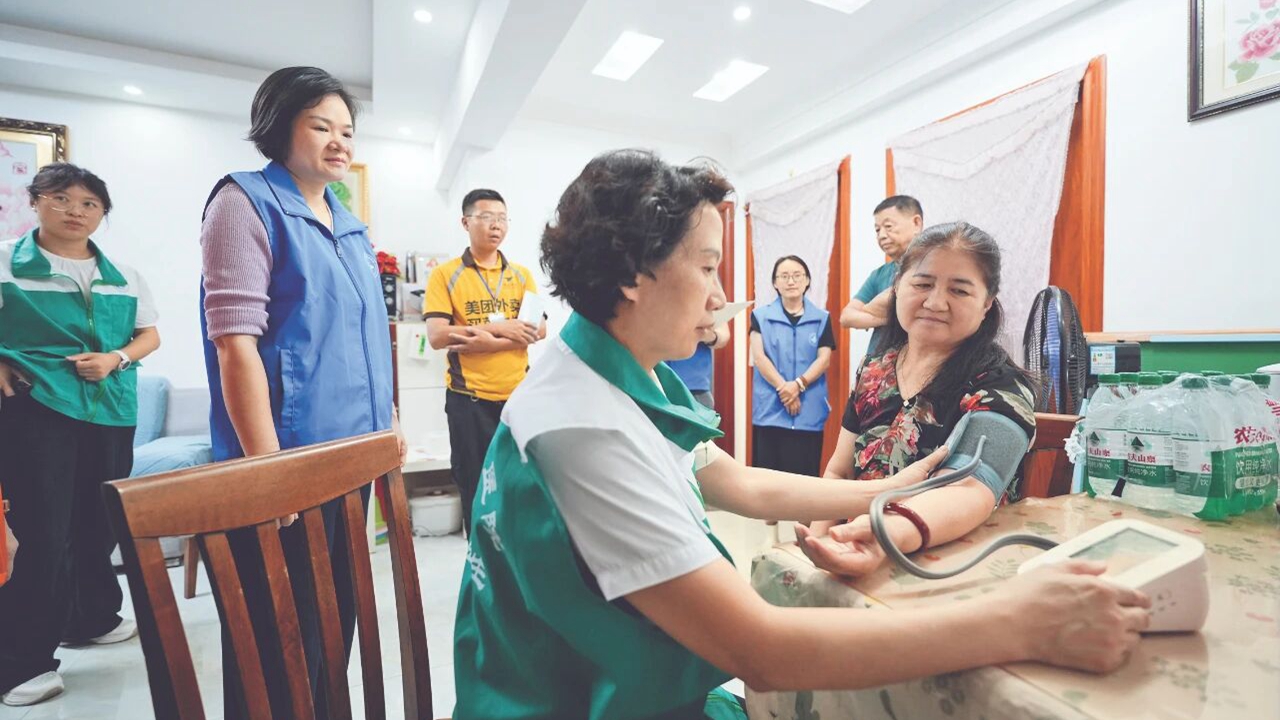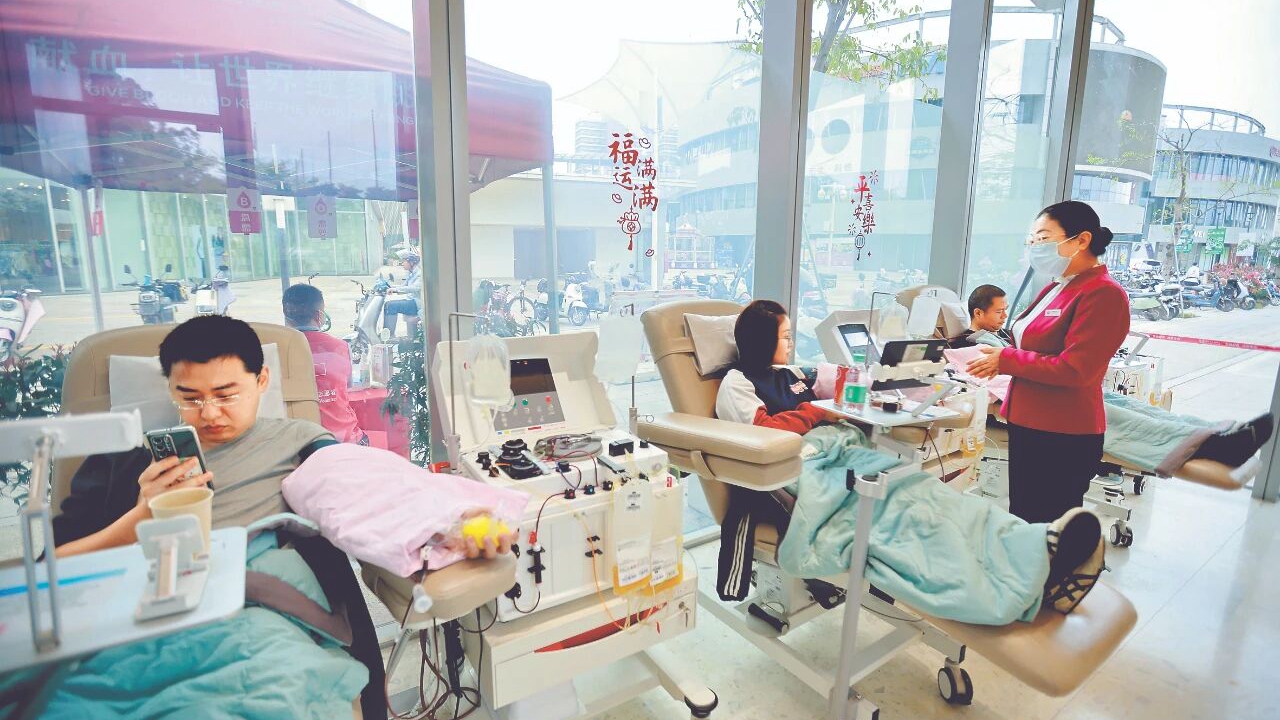Program proposed to let residents pay bills with healthy acts
Writer: Li Jing | Editor: Lin Qiuying | From: Original | Updated: 2025-10-15
Shenzhen’s municipal health authority has unveiled a draft measure that would award residents “health points” for healthy behaviors — points that could eventually be used like cash to pay for medical and wellness services. The public health commission is now soliciting public feedback on the proposal.
Under the draft, any resident with a local electronic health record would be eligible to participate. The city’s health-points management system would automatically record and calculate points in real time, drawing on data from Shenzhen medical institutions and approved third-party platforms.
Activities that would earn points include signing up with a family doctor, attending scheduled physical examinations, logging more than 6,000 steps a day, routinely tracking weight and sleep, donating blood, and volunteering for health outreach events. Points would be redeemable for a range of tangible benefits, including payments toward hospital bills, insurance premiums, physical exams, gym memberships, and other wellness services.
 A family doctor measures a resident’s blood pressure in Longhua District. Photo by Ye Lin
A family doctor measures a resident’s blood pressure in Longhua District. Photo by Ye Lin

Residents donate blood at a station in Longhua District. Photo by Chen Jianhua
A public health commission spokesperson said the program is intended to encourage residents to take a more active role in managing their health and, over time, to reduce the burden on public hospitals by preventing chronic diseases from developing or worsening.
The draft also proposes collective incentives: households or workplace groups can form “healthy families” or “units.” If a group's average annual points surpass specified thresholds, the entire team would receive star ratings and tiered discounts on health services.
The measure remains a draft and would need to clear public consultation and relevant approval processes before being implemented. If adopted, Shenzhen’s plan would join a growing number of initiatives that use behavioral incentives and digital data to promote preventive health.